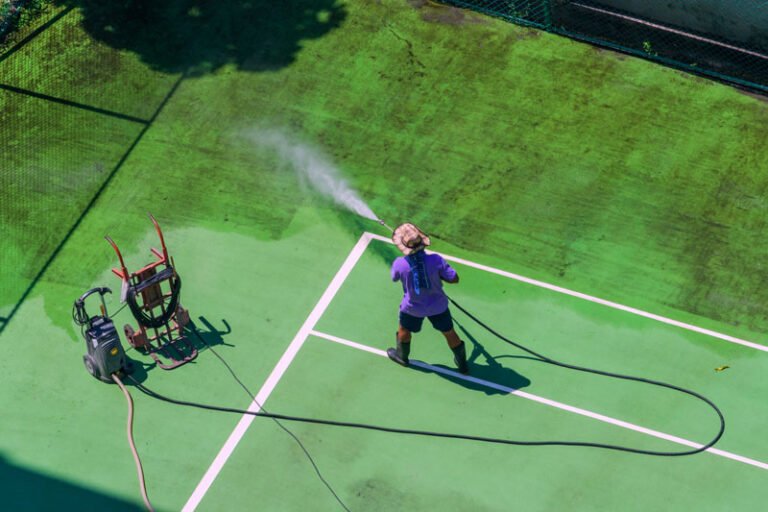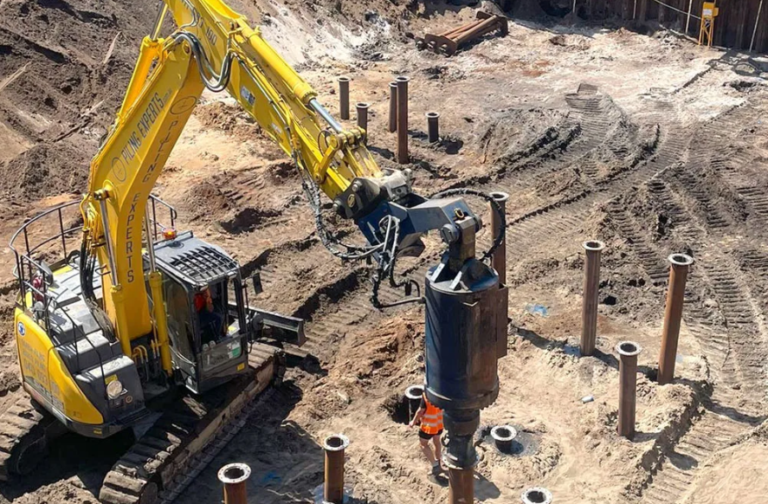From Consultation to Resolution: What to Expect When Working with Alaskan Legal Experts
Legal representation can feel overwhelming when you’re facing a personal injury case or complex legal matter. The process from initial consultation through final resolution involves multiple stages, each requiring careful attention and clear communication. Understanding what lies ahead helps you make informed decisions about your case and sets realistic expectations for the journey. Knowledge of the legal process empowers you to actively participate in your representation.
Working with experienced Anchorage Alaska lawyers means partnering with professionals who understand both state-specific regulations and the nuances of personal injury law. These legal experts bring years of courtroom experience and negotiation skills to your case. Their familiarity with local courts, judges, and opposing counsel can significantly impact your case outcome. The right legal team guides you through each phase while maintaining transparent communication about progress and potential challenges.
Understanding the Initial Consultation Process
Free Consultation Benefits: The initial consultation serves as your opportunity to evaluate potential legal representation without financial commitment. During this meeting, attorneys assess the strength of your case, discuss potential outcomes, and explain their approach to handling similar matters. You’ll learn about relevant statutes of limitations, potential damages, and the complexity of your specific situation. This conversation helps both parties determine if the attorney-client relationship is a good fit for moving forward.
Case Evaluation Process: Legal experts conduct thorough reviews of available evidence during the consultation phase. They examine medical records, police reports, witness statements, and any other documentation relevant to your case. This comprehensive evaluation helps attorneys identify potential challenges and develop initial strategies. The assessment also determines whether your case has merit and what type of compensation might be achievable through settlement or trial.
Documentation Requirements: Attorneys typically request specific documents to properly evaluate your case during the initial consultation. These materials might include medical records, insurance correspondence, accident reports, and employment records if lost wages are involved. Bringing organized documentation helps attorneys provide more accurate assessments of your case’s potential value. The consultation process becomes more efficient when you arrive prepared with relevant paperwork and a clear timeline of events.
The Investigation and Evidence Gathering Phase
Comprehensive Case Investigation: Legal teams conduct thorough investigations to build strong cases for their clients through systematic evidence collection. This process includes interviewing witnesses, consulting with medical experts, and reviewing all available documentation related to your case. Attorneys might hire accident reconstruction specialists, medical professionals, or other experts to strengthen your position. The investigation phase often reveals crucial details that significantly impact case value and strategy.
Medical Documentation and Expert Witnesses: Personal injury cases require extensive medical documentation to establish the extent of injuries and their impact on your life. Your legal team coordinates with healthcare providers to obtain complete medical records and may consult with medical experts about your prognosis. These experts can provide testimony about the severity of injuries, necessary future treatment, and long-term implications. Proper medical documentation forms the foundation for calculating damages and supporting your compensation claims.
Preserving Evidence and Documentation: Time-sensitive evidence requires immediate attention to prevent loss or destruction of crucial case materials. Your attorney takes steps to preserve physical evidence, secure surveillance footage, and protect witness statements before they become unavailable. This might involve sending preservation notices to businesses, obtaining police reports, or photographing accident scenes. Quick action in evidence preservation can make the difference between a successful case and a missed opportunity for compensation.
Trial Preparation and Court Proceedings
Pre-Trial Preparation Activities: When cases proceed to trial, your legal team engages in extensive preparation activities to present the strongest possible case. This includes deposing witnesses, preparing exhibits, consulting with expert witnesses, and developing trial strategy. Your attorney reviews all evidence, anticipates opposing arguments, and prepares responses to potential challenges. Trial preparation often takes months and requires significant time investment from both you and your legal team.
Courtroom Procedure Guidance: Your attorney prepares you for courtroom procedures and expectations if your case proceeds to trial. This includes explaining the trial process, discussing testimony preparation, and addressing any concerns about court appearances. Legal teams help clients understand courtroom etiquette, the roles of different participants, and what to expect during various phases of trial. This preparation reduces anxiety and helps you feel more confident about the trial experience.
Post-Trial Considerations: Trial outcomes lead to various post-trial activities depending on the verdict and circumstances of your case. Your attorney handles post-trial motions, appeals considerations, and collection activities if you receive a favorable verdict. They also explain your options if the outcome is unfavorable and discuss the possibility of appeals. The post-trial phase requires continued legal guidance to ensure you receive the compensation awarded by the court.
See Also: How Tech Is Redefining Customer Experience
Key Factors That Influence Case Success
Professional legal representation significantly impacts case outcomes through several critical factors that experienced attorneys bring to your situation:
- Legal expertise and knowledge – Understanding of relevant laws, regulations, and legal precedents that apply to your specific case circumstances
- Negotiation skills and experience – Ability to effectively communicate with insurance companies and opposing counsel to achieve favorable settlements
- Resource access and professional networks – Connections with medical experts, investigators, and other professionals who can strengthen your case
- Case management and organization – Systematic approach to handling deadlines, documentation, and court requirements throughout the legal process
- Trial experience and courtroom skills – Confidence and competence in presenting cases effectively if settlement negotiations fail
Conclusion
Working with qualified legal professionals transforms what could be an overwhelming legal process into a manageable journey toward resolution. The right attorney guides you through each phase while maintaining clear communication about progress, challenges, and expectations.
If you’re facing a personal injury case or complex legal matter, don’t navigate the system alone. Contact an experienced legal professional today to discuss your situation and learn how proper representation can make a difference in your case outcome.






